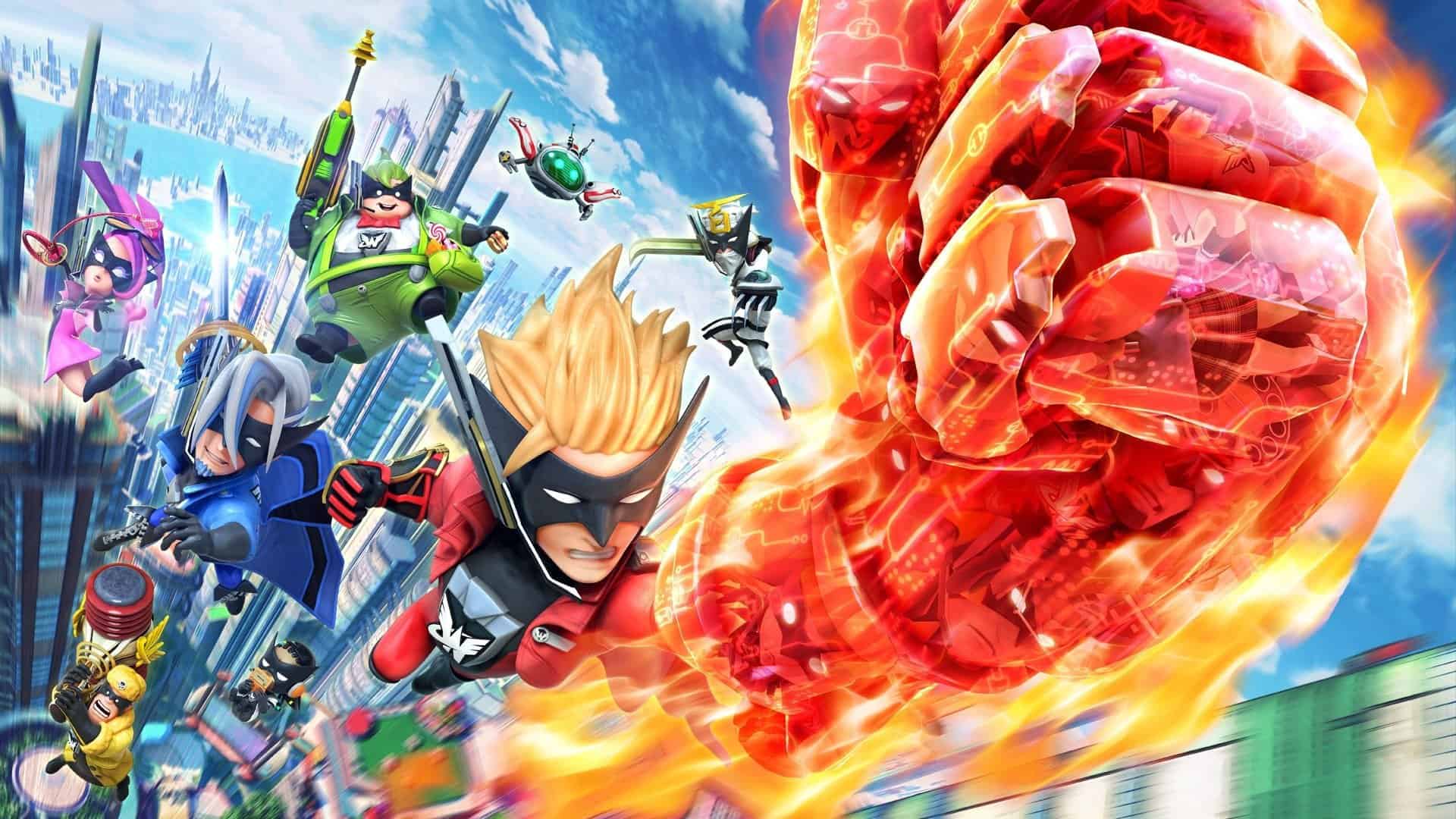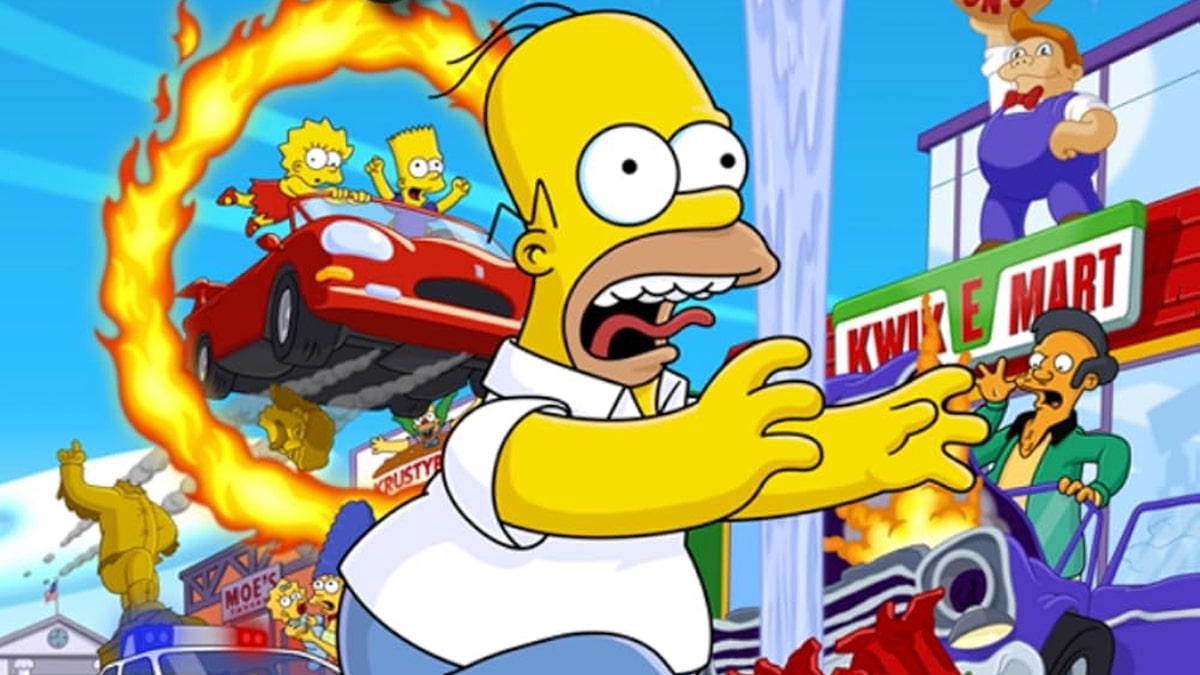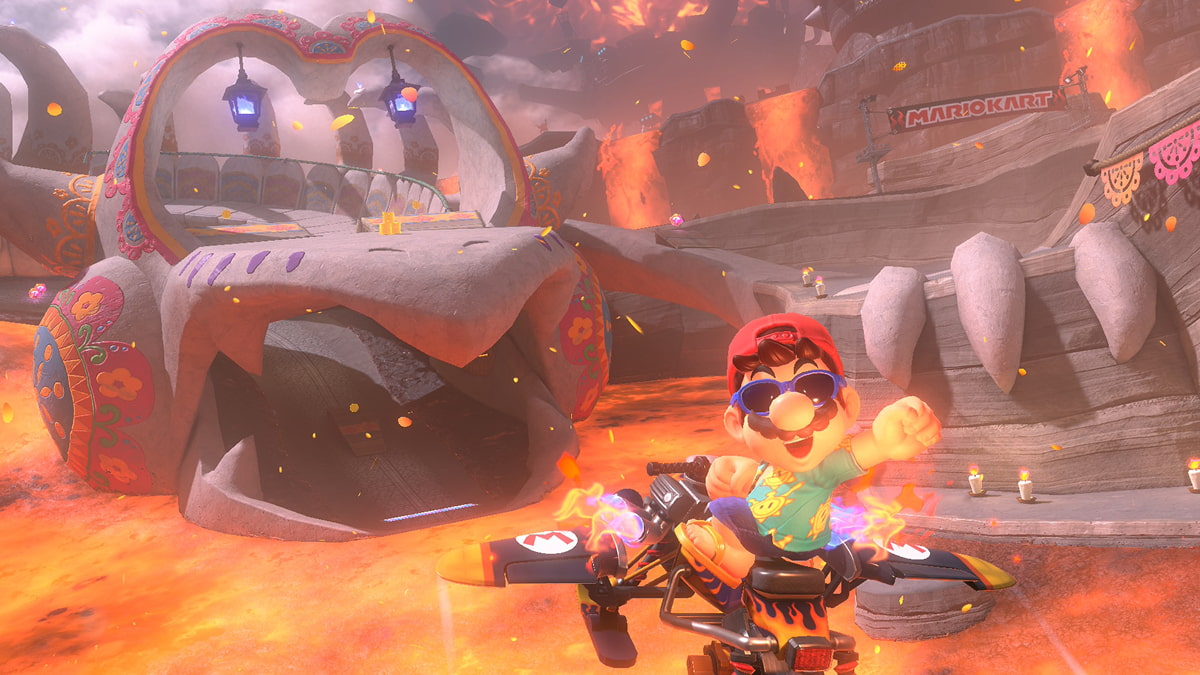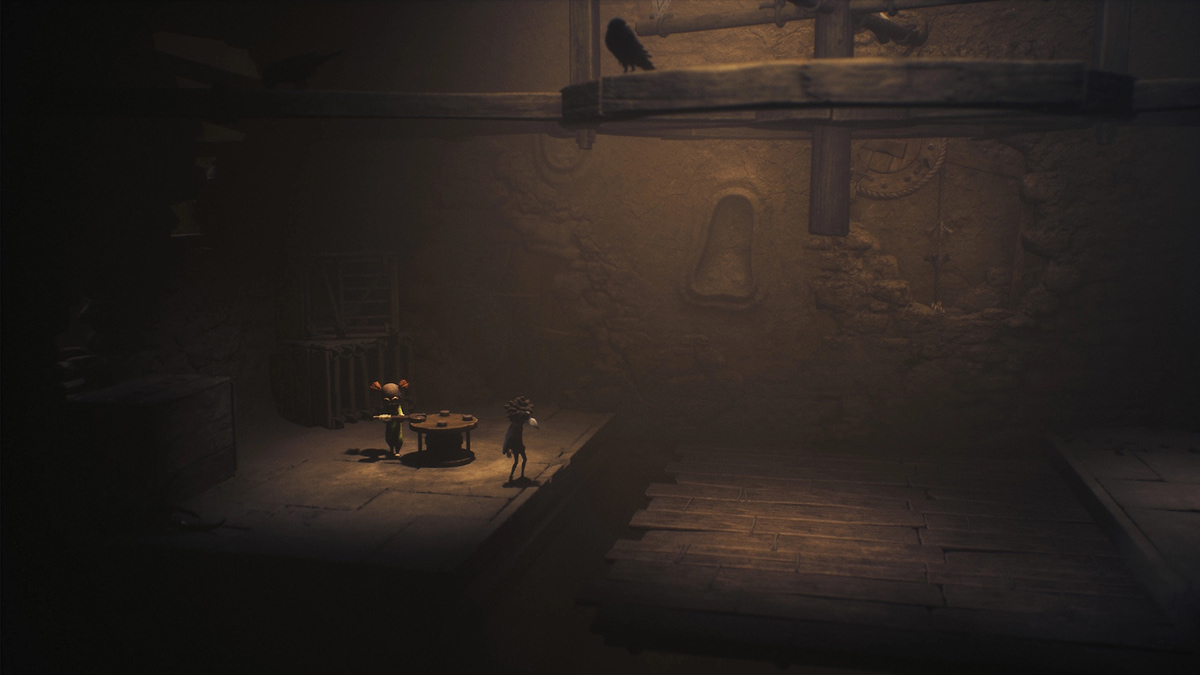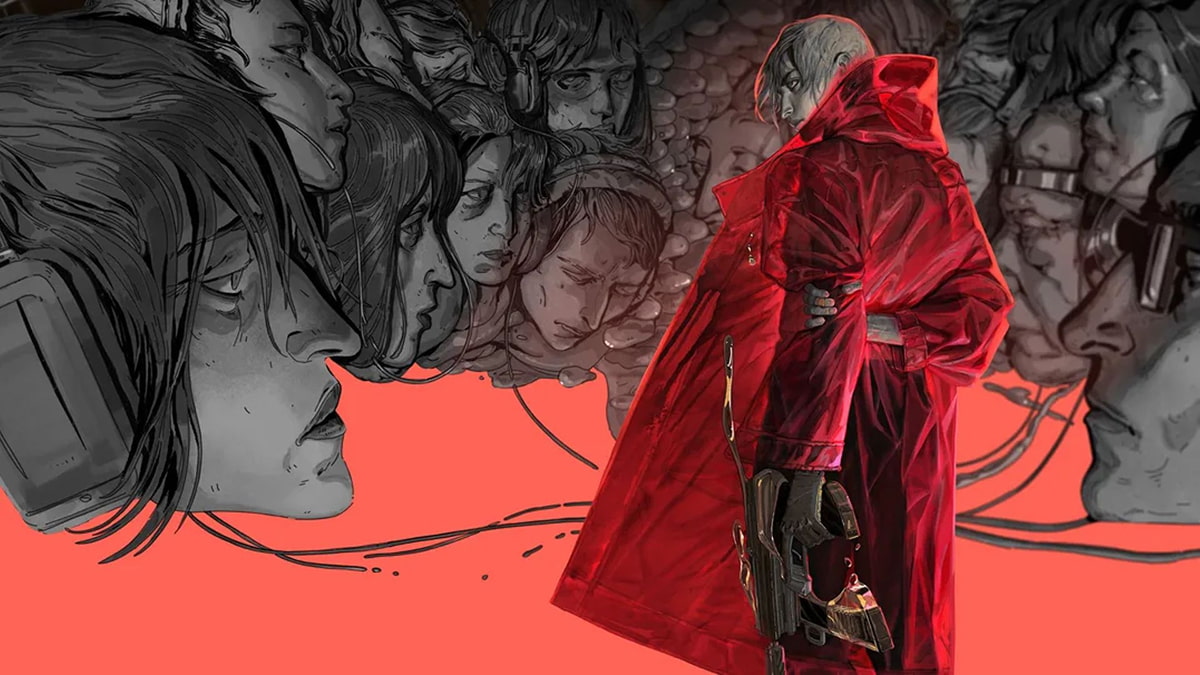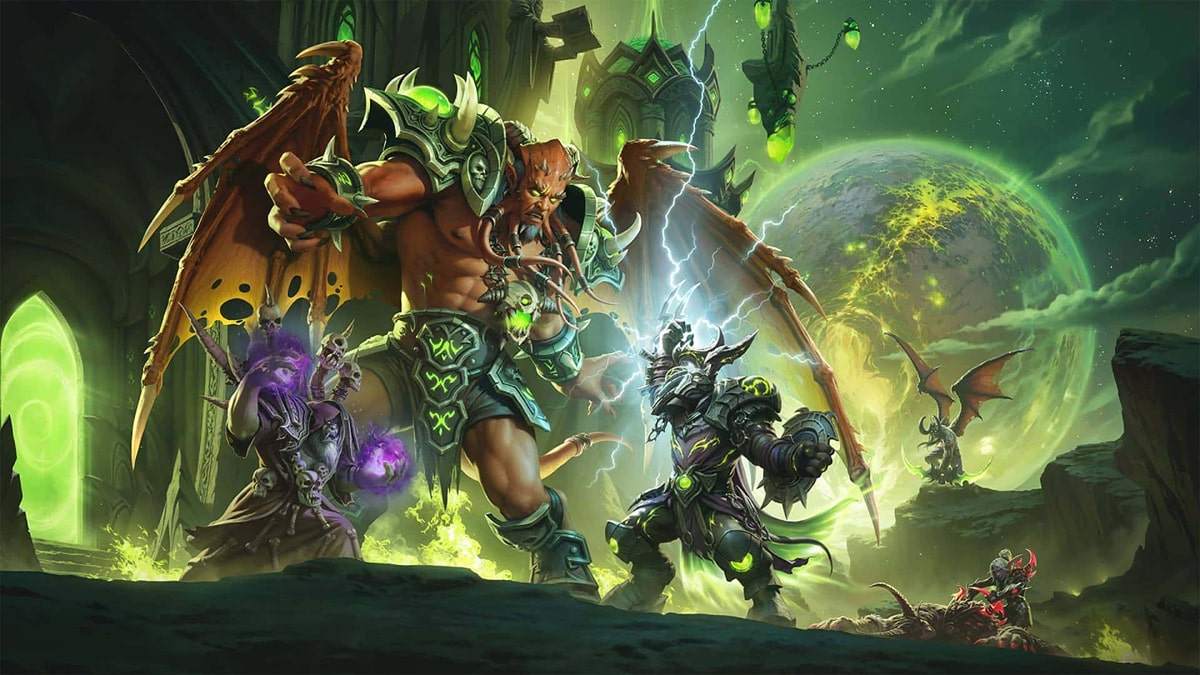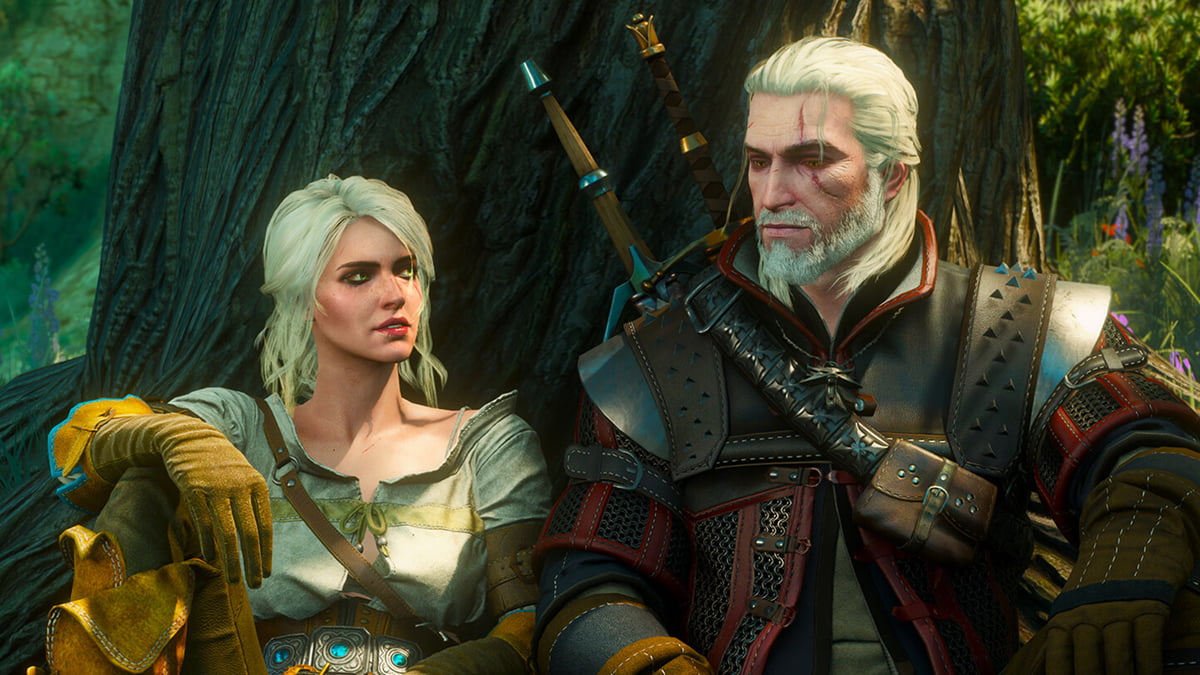You can trust VideoGamer. Our team of gaming experts spend hours testing and reviewing the latest games, to ensure you're reading the most comprehensive guide possible. Rest assured, all imagery and advice is unique and original. Check out how we test and review games here
The Wonderful 101 is bloody great. It’s something new, yet completely familiar to people who’ve been playing Hideki Kamiya’s games for years. It’s got the style of Viewtiful Joe, the moves of Devil May Cry, and like Bayonetta, it starts off with the volume turned up to 11 and gets louder from there. It may look like an anime Pikmin with kaijus (I believe that’s the politically correct term for gargantuan monsters now, thanks to Pacific Rim) and giant mechs, but this is a game with just as much depth and replayability as any of Kamiya’s previous action classics.
It’s a great showcase for the Wii U. Platinum and Nintendo are a match made in heaven. They’re both risk takers (I know the pedants among you will point out all the safe Mario and Zelda sequels, but the Wii was a huge risk for them) and both focus on what games really should be… fun. Shameless fun.
They’re cut from the same cloth, and just want everyone to have a good time. Unfortunately everyone else at the party is embarrassedly trying to distance themselves.
This is where the problem lies. Not with Nintendo and Platinum (although Nintendo don’t really help themselves, marketing-wise), but with where the big-budget games industry’s gone. By all accounts, Wonderful 101’s been Platinum’s largest developmental undertaking. It’s had the biggest team and the biggest budget and the longest development cycle, if comments made by Hideki Kamiya to Famitsu are anything to go by.
It’s nice to hear that. Games that try something new and aren’t focus-grouped up to their neckholes are rarer than unicorns now. Playing it, it seems like Nintendo just chucked a load of cash at Hideki Kamiya and said ‘there you go, do what you want’ and unsurprisingly, that’s what he did.
Unfortunately, and it pains me to say this as someone who grew up with Nintendo and Kamiya games, I don’t think it’s going to pay off. It’s fantastic that the game got made in the first place and anyone with a Wii U is missing out if they don’t get it, but I fear it’s going to be another underselling, misunderstood game from the developers at Platinum (and by extension, Clover), along with Madworld, Vanquish, God Hand and Okami.
I hope I’m wrong. The Wonderful 101 is simply too wild, carefree and unique to go quietly into the night. I hope it goes on to sell an ungodly amount and it gets its money back, and I do think the game stands a better chance of that by being on the Wi U. After all, it’d be ignored on the other consoles, and the people that buy Nintendo games are more likely to buy something like The Wonderful 101. Sadly, there aren’t enough Wii U’s out in the wild to guarantee success.
Platinum, and to a certain extent Nintendo, are still making the games that they want to make, rather than just churning out games that fit the current vogue, and in an ideal world that’s how it should be for everything. But given the current sales of the Wii U and Platinum’s relative lack of commercial success, the way it should be is clearly not the way things are. Of course indie development’s a different thing, but could you honestly imagine Activision’s Bobby Kotick throwing thirty million dollars at Kamiya to do make something like The Wonderful 101?
Though it’s a bit silly to call a development studio and a hugely wealthy and successful entertainment corporation ‘misfits’, you can’t help but feel that’s what Platinum and Nintendo are as far as the industry’s concerned. I mean misfits positively by the way. Take Hideki Kamiya’s Twitter feed for example. Kamiya’s is refreshingly, blunt, sarcastic and honest. No other game developer is like him on social media. And then you’ve got Nintendo head Satoru Iwata, a man that refuses to lay off staff because it would adversely affect morale and game quality.
Nintendo and Platinum belong together, and only good can come out of any collaboration between the pair, but in an industry that’s becoming increasingly focused on surefire hits and cinematic experiences, Nintendo and Platinum’s focus on gameplay and fun is currently getting lost in a quagmire of set-pieces, hackneyed ‘serious’ storytelling (that’s often brain-meltingly boneheaded) and killstreaks.
They’re the belles of the ball, but no one’s there to appreciate them because they’re out in the car park watching a fight.
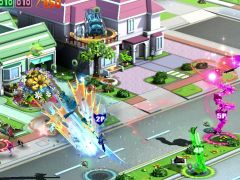
/https://oimg.videogamer.com/images/6ad4/the_wonderful_101_32.jpg)
